Top Class Actions’s website and social media posts use affiliate links. If you make a purchase using such links, we may receive a commission, but it will not result in any additional charges to you. Please review our Affiliate Link Disclosure for more information.
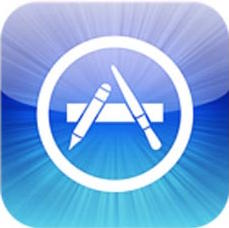
According to their response to the dismal motion, the plaintiffs allege that the 30-percent fee that Apple charges developers constitutes a fee that consumers must pay for above and beyond the price of the app. In addition, the four plaintiffs allege in the class action lawsuit that by creating a closed market, where these aftermarket products are only available through the App Store, the tech giant is engaging in anti-competitive activities. Apple lawyers retorted that the amended complaint fails because of several major issues:
1) So-called pass-through costs cannot be used for standing or as evidence of antitrust. The first transaction is between the iOS developer and Apple by agreeing to the terms of the agreement for apps to appear in Apple’s software ecosystem. In the motion to dismiss the Apple App Store class action lawsuit, defense attorneys argue that the class action plaintiffs cannot reasonably say they are harmed by a transaction that only indirectly involves them.
2) Under case law regarding antitrust litigation, Supreme Court judges have noted that “a monopolist has no duty to help its competitors survive or expand when introducing an improved product design.” In the second amended Apple App Store class action lawsuit, Apple’s legal team alleges that the plaintiffs acknowledge that the iPhone was indeed a revolutionary product offering as was the App Store that became a close software ecosystem.
3) The plaintiffs in the antitrust litigation allege that Apple must require contractual assent from users in order to have an aftermarket product pipeline, in this case apps that are closed from other options. Using cases involving printers as an example, Apple’s antitrust defense attorneys argued that competition in the primary market — i.e., smartphones running Android, Windows Phone and other options — is sufficient. In addition, the motion to dismiss the Apple App Store class action lawsuit argues that consumers can reasonably discover aftermarket practices.
Summing up, the lawyers for the defense wrote, “It simply cannot be that the design of the iPhone and Apple’s App Store serve no purpose other than to create or defend a monopoly when it admittedly produced tangible consumer benefits of that dimension. This means that Plaintiffs do not — and cannot — plead that having the “closed” system constitutes anticompetitive conduct: the design of the “system” cannot be deemed anticompetitive.
The Apple App Store Class Action Lawsuit is part of a master consolidated complaint known as In re: Apple iPhone Antitrust Litigation, Case No. 11-cv-06174, U.S. District Court, Northern District of California.
UPDATE: On Jan. 12, 2017, a three-judge panel of the Ninth Circuit determined that, contrary to the district court’s order of dismissal, four plaintiffs in an iPhone app antitrust class action lawsuit have standing to bring their antitrust claims against defendant Apple Inc.
UPDATE 2: On June 18, 2018, the U.S. Supreme Court agreed to hear Apple Inc.’s appeal of a 9th U.S. Circuit Court of Appeals ruling reviving a class action lawsuit involving allegations that the company’s App Store practices violated federal antitrust law.
UPDATE 3: On May 13, 2019, the U.S. Supreme Court ruled that Apple must face a class action lawsuit claiming it monopolizes the iPhone app market.
ATTORNEY ADVERTISING
Top Class Actions is a Proud Member of the American Bar Association
LEGAL INFORMATION IS NOT LEGAL ADVICE
Top Class Actions Legal Statement
©2008 – 2024 Top Class Actions® LLC
Various Trademarks held by their respective owners
This website is not intended for viewing or usage by European Union citizens.




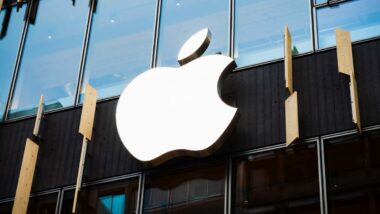






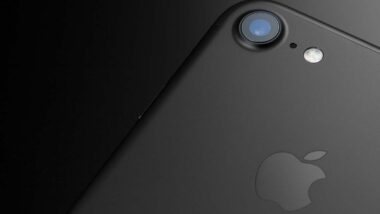
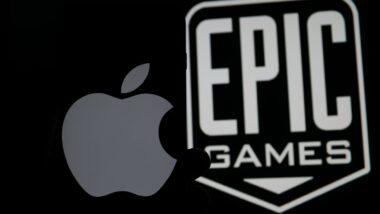
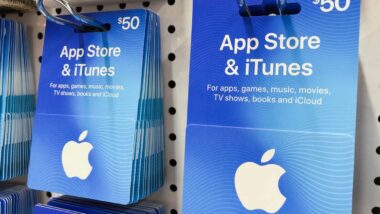

3 thoughts onApple Wants App Store Antitrust Class Action Lawsuit Dismissed
UPDATE: On Jan. 12, 2017, a three-judge panel of the Ninth Circuit determined that, contrary to the district court’s order of dismissal, four plaintiffs in an iPhone app antitrust class action lawsuit have standing to bring their antitrust claims against defendant Apple Inc.
Please include me
please include me